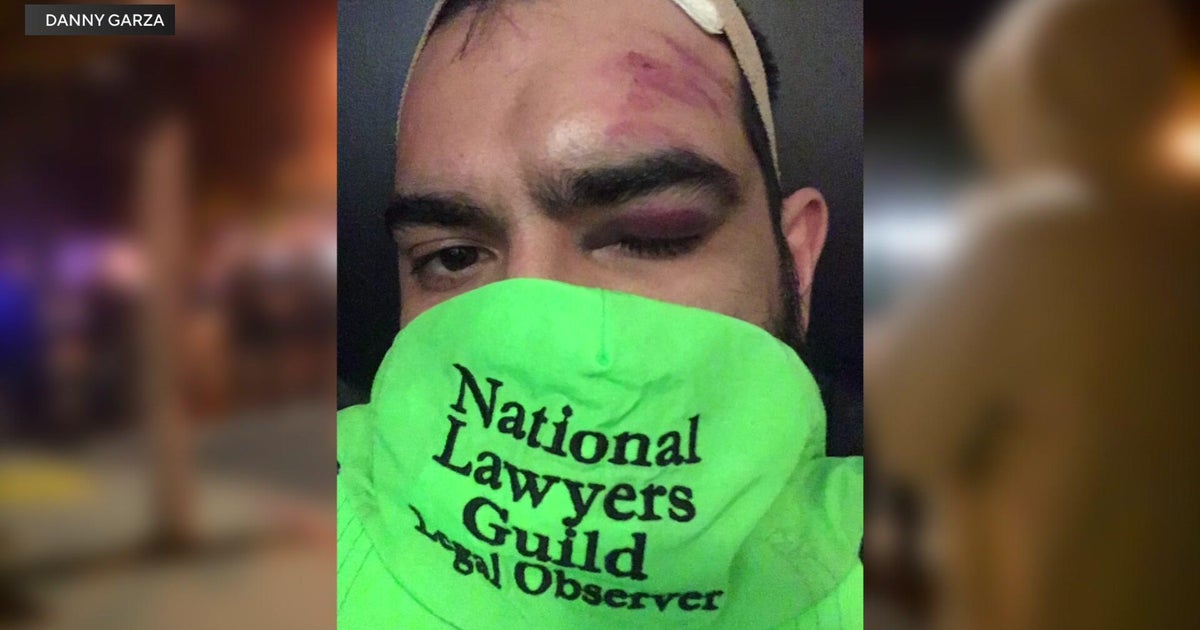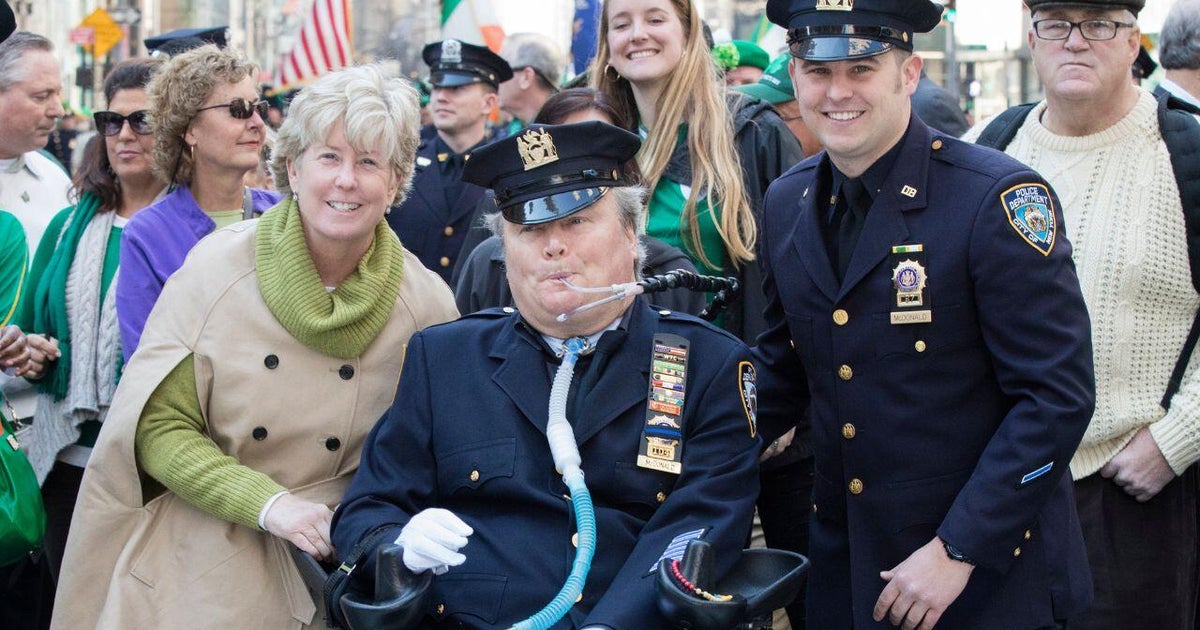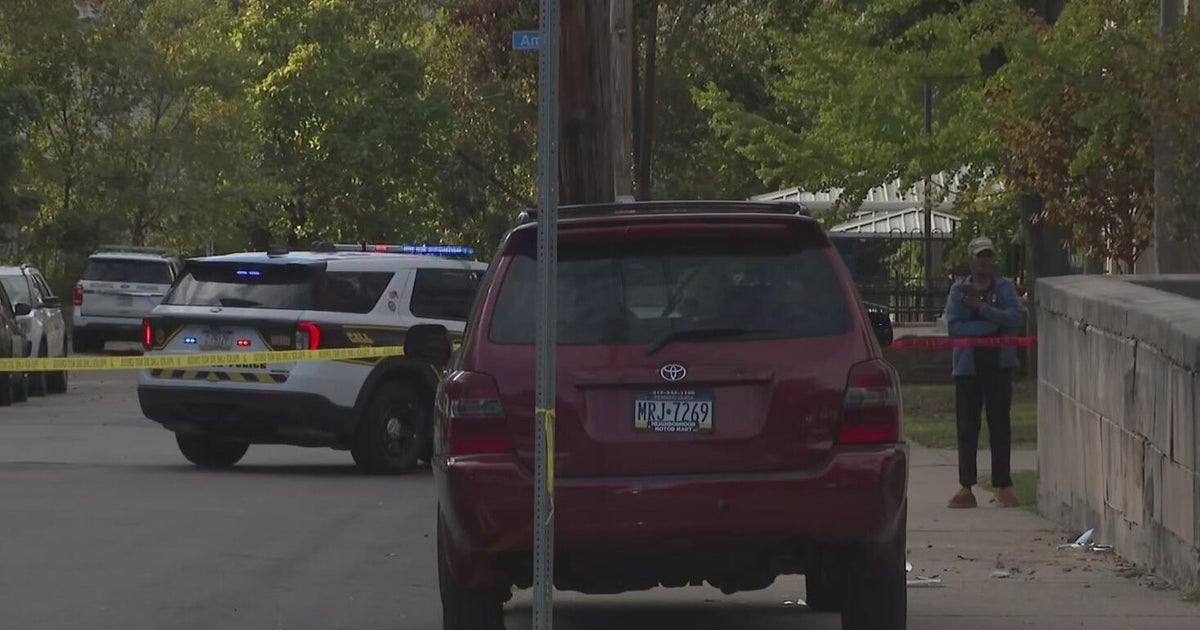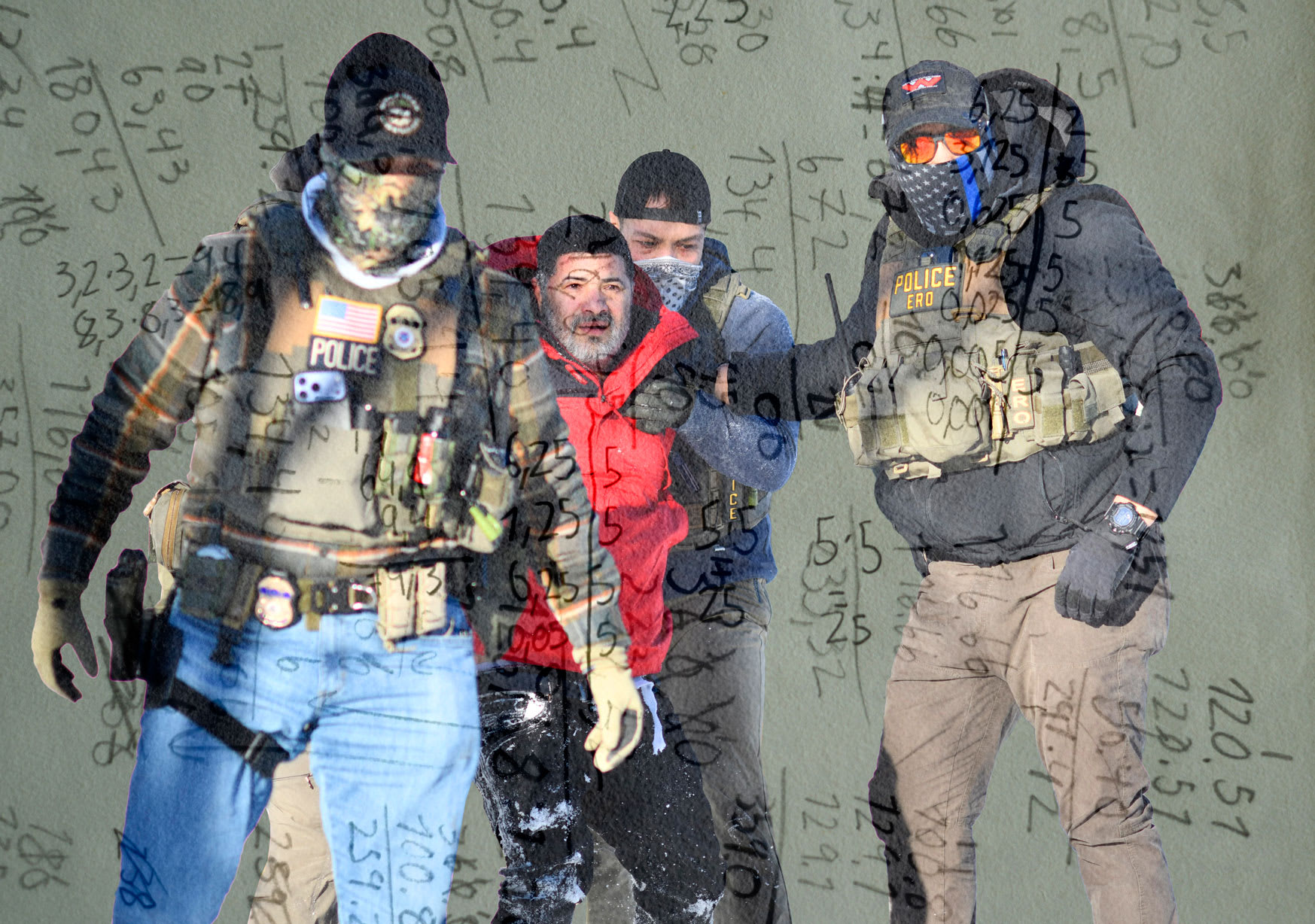Some U.S. police train for just a few weeks, in some countries they train for years
The Minneapolis police academy trains young soon-to-be officers for 16 weeks before they're assigned weapons and sent out on the streets as rookie cops. They then spend six months paired with training officers who show them the ropes.
On May 25, two rookie officers, J. Alexander Kueng and Thomas Lane, held down George Floyd's back and legs as their training officer Derek Chauvin pressed his knee down on Floyd's neck for nearly nine minutes.
Floyd's death, which was ruled a homicide, catalyzed a nationwide movement to drastically change the way policing is conducted in America. Around the world, police who are required to go through years of rigorous training and study before they can wear a badge saw Floyd's death as the latest example of America's antiquated and deadly law enforcement training system, according to Maria Haberfeld, a professor of police science at the John Jay College of Criminal Justice.
"We are very far behind. It's problematic that we have 18,000 different police departments and there are no national standards," said Haberfeld, who was previously a police lieutenant in Israel.
In the U.S., training to be a police officer, and carry a gun on behalf of the state, ranges from as few as 10 weeks to as much as 36 weeks. It's a far cry from the years of education required in most western European countries and others around the world.
Haberfeld, who has written several books on international police practices, standards and ethics, said two countries that stand out for their police training are Finland and Norway.
Officers in both countries must attend their nations' three-year police universities, and leave with degrees that are equivalent to a bachelor's.
Rune Glomseth, a professor at the Norwegian police university, Politihøgskolen, said policing is approached as an academic discipline. "It's the same quality of education that we have for teachers, nurses, and so on," said Glomseth, who was also a police officer for three decades.
The first year of police education in Norway is focused on the role of police in society and ethics. In the second year, students shadow training officers, before returning full time for a third year focused on investigations and completing a thesis paper.
Haberfeld said in many U.S. police departments, the stereotype is that officers in the prime of their careers try to avoid the burden of training rookies. What's left, she said, is aging officers who themselves haven't been through training in decades, young cops who haven't gotten enough experience, or she said, bad cops who get stuck with the assignment.
"Different departments have different incentives to sort of convince officers to do it, but the bottom line is that in many departments the worst officers are the ones training," Haberfeld said.
Glomseth said being a training officer is for many an important career aspiration in Norway. "You get to work closely with the university and be a mentor for the students. It's a very desirable position," Glomseth said.
The same is true in Finland, according to Henri Rikander, a former Chief Inspector at Finland's Police University College. Police are armed in Finland, but rarely use their guns — just roughly 10 times per year — because they are taught that they should only reach for their weapons in the most dire situations.
Having the presence of mind to sort through the different options available to an officer before reaching for a gun is of particular importance, Rikander said. Even after three years of college, including time spent working in a police internship-like setting, 30% of a student's final grade is a series of combination personal interviews and psychological tests intended to ensure that young Finnish cops can be trusted with their guns and power.
One of the goals of the policing system in Finland is to instill public confidence in law enforcement, Rikander said, citing studies that show more than 90% of people trust police.
Both Rikander and Glomseth watched the video of Chauvin kneeling on Floyd's neck and said it was a scene that would be unlikely to play out in their countries.
"It is not necessary, and it is not allowed in Finland to put pressure on the neck or throat," said Rickander, who now teaches at Tampere University.
Use of force training doesn't begin in Finland until four months into the curriculum, when a Minneapolis police rookie would already be awarded their badge and gun. Before that, students learn about "legislation, criminal law, human rights, and other backgrounds," said Rikander.
Haberfeld said there's no reason the U.S. couldn't replicate the educations being provided in Norway and Finland.
"We have a lot of different departments and standards right now here, but why can't each state have one or two universities for policing? They certainly could do it," Haberfeld said.



